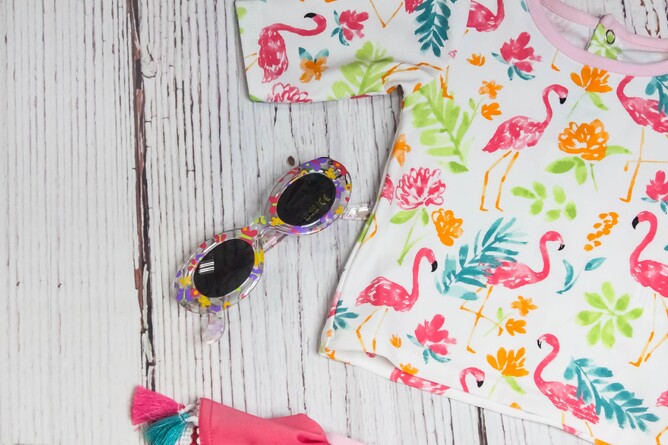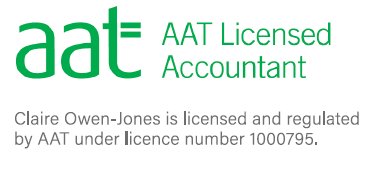We all need to dress for work.
It doesn’t matter whether you dress up for a networking event or dress down to work from the sofa; the chances are you have purchased some clothes since starting your business that you only wear whilst working.
But what you consider to be your business workwear and what HMRC consider to be workwear can often differ.
So, in this blog I’m going to ask you some questions that may help you to decide what to put through your business.
Will the clothing be branded with your business logo?
One thing you’ll notice is that HMRC generally do not like you claiming for anything that has a dual use.
This is something that you can use both personally and in your business.
So, if you can make something clearly for your business then it certainly helps your case.
An easy win on this front is having clothing that is branded with your business logo. We’ve all seen the Fruit of the Loom polo shirts and fleeces – that kind of thing.
The logo cannot be too small or hidden and equally it cannot be removable, so a badge doesn’t count. It must be visible and permanent branding.
If you have a yellow brand and go out and buy yellow tops, dresses, scarfs etc, then whilst these clothes are certainly on-brand, HMRC will not consider them to be branded as you can wear yellow anytime. However, you are far less likely to wear a visibly branded polo shirt on an evening out.
Is the clothing part of a costume?
If you are an actor or performer, then HMRC will allow you to claim for your costumes as a business expense.
Be aware of the dual use rule, however.
If your job involves you dressing up as a giant mouse, then it is very unlikely that HMRC will argue that the mouse costume isn’t purely for your work.
However, if you are a musician and your “costume” is jeans and a t-shirt, you may have a harder time arguing that you wouldn’t wear these every day.
Would HMRC considered the clothing to be a uniform?
HMRC define a uniform as being “a set of specialised clothing that is recognisable as identifying someone as having a particular occupation”.
This typically covers nurses, police and firefighter uniforms.
What it does not cover is employees who wear clothing of a similar design or colour.
So, if you have employees or work in a partnership and you have all decided that everyone must wear suits, or dress in purple, whilst you may consider that to be a work uniform, HMRC would not agree with you.
Would you consider this to be protective clothing?
When HMRC talk about protective clothing, they typically mean items of safety clothing such as High Visibility vests and steel toe boots.
Again, it is clothing that you are very unlikely to wear outside of work.
If you work outside and purchase thermal vests or a thick winter coat, then whilst this is still protective clothing and something you need to wear, HMRC are unlikely to allow it.
What if I need to buy certain clothing for work but it doesn’t fit into any of these categories?
As I write this section, I’m thinking of freelancers in the fitness industries; the personal trainers.
I know that you probably have a gym kit that you only wear when you take your classes. And that these clothing cannot be branded with your business logos but that you need to wear certain footwear and so on because it’s safer.
The problem is that HMRC consider your uniform/work wear to have a duel use. Because you could teach a class and then go and work out in the gym in the same clothing, they will not allow you to claim it.
Need more help with expenses?
I have a couple more blogs which may help if you are stuck on:







